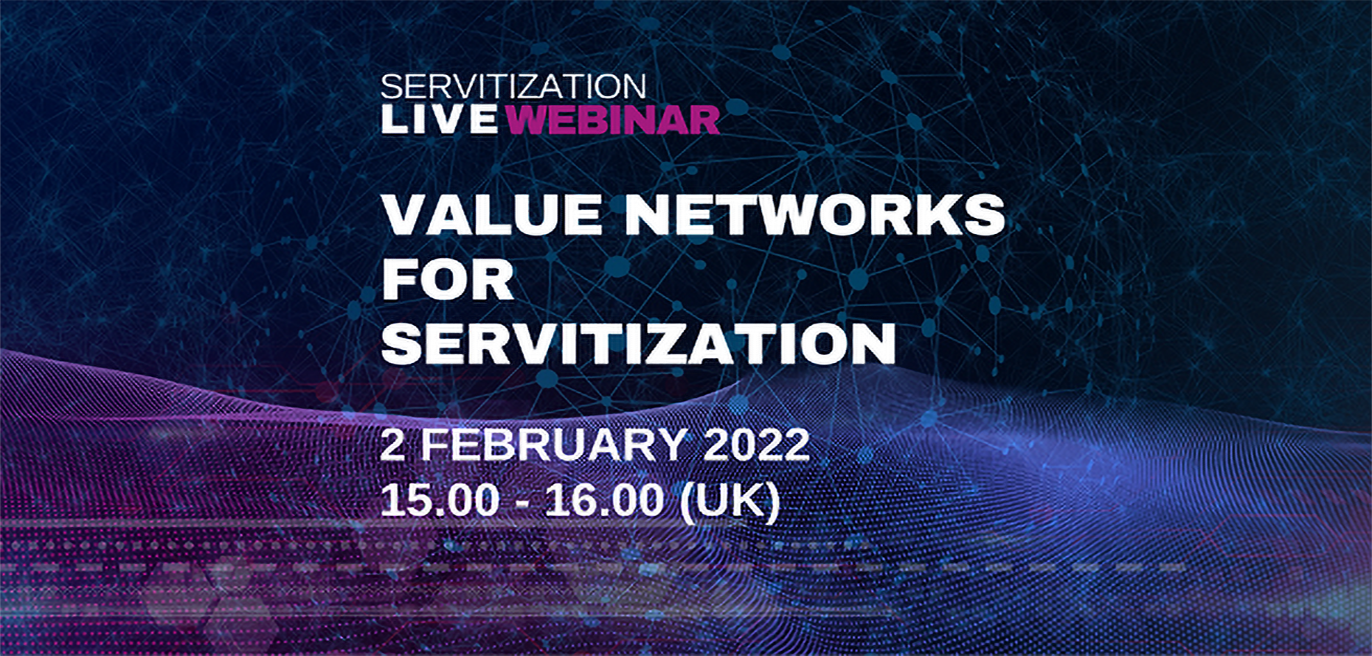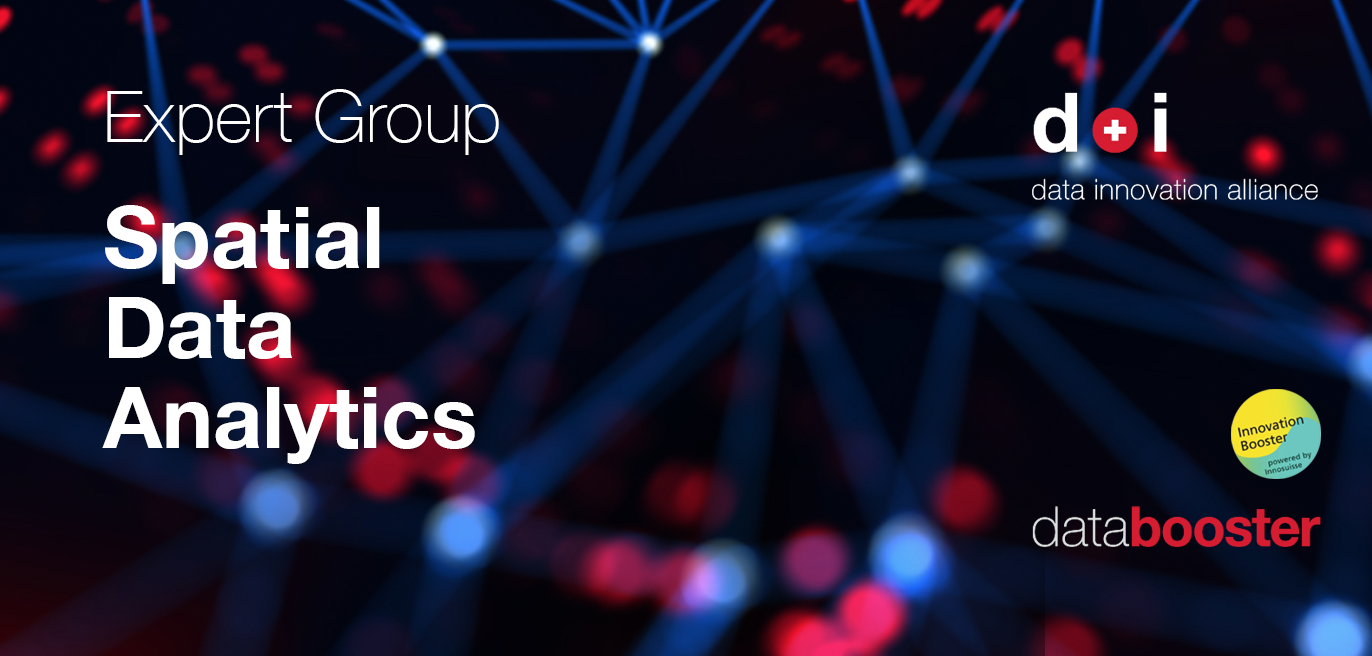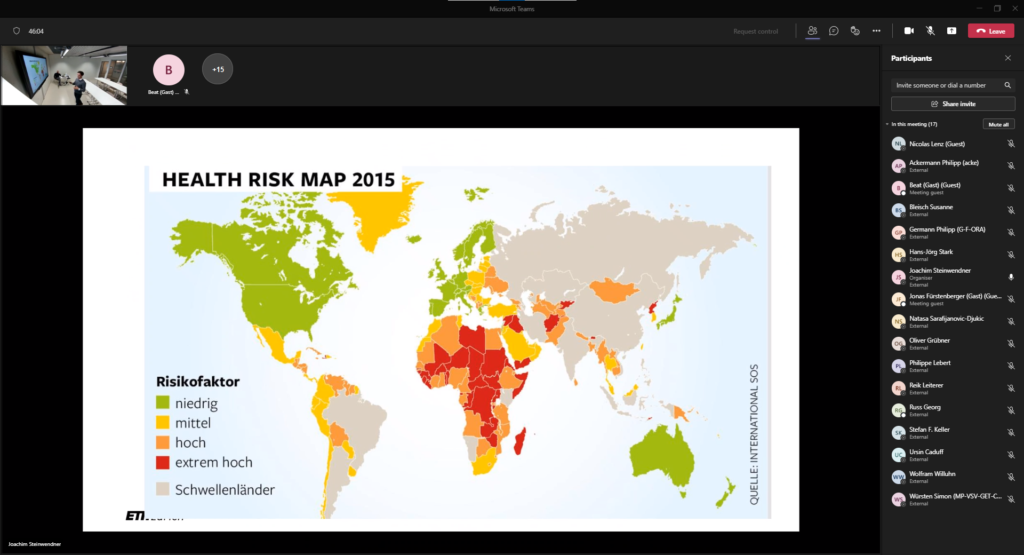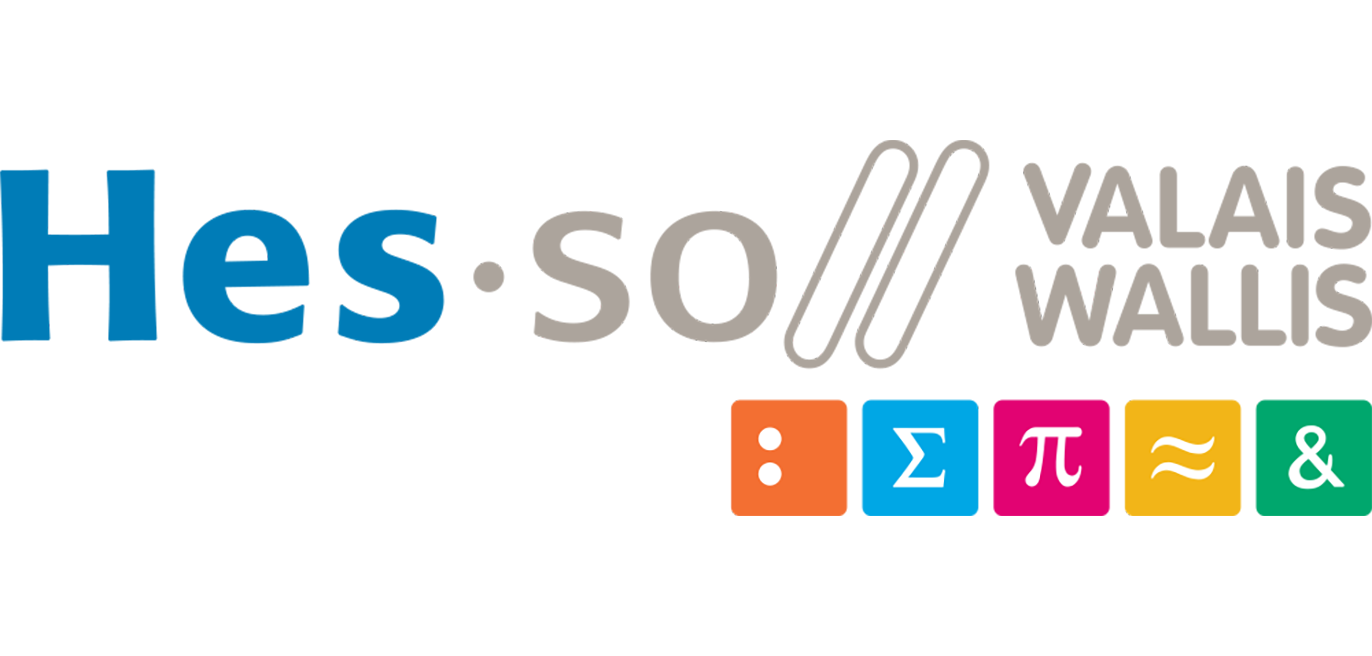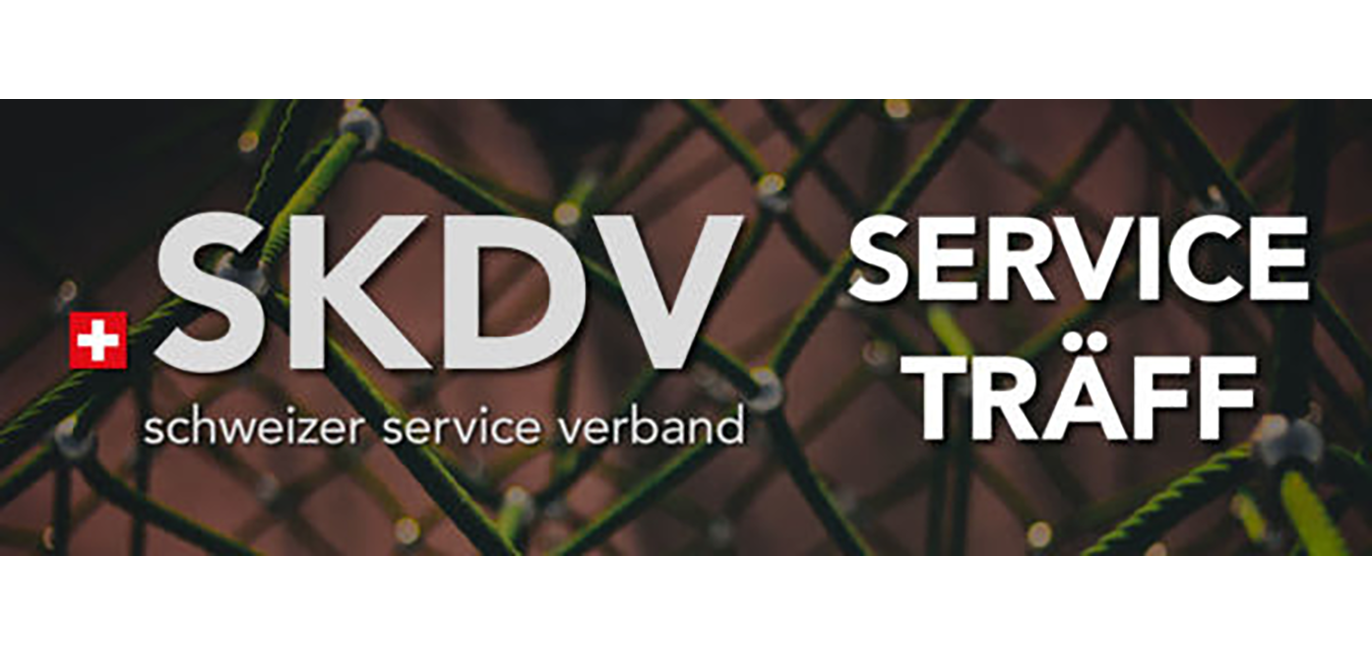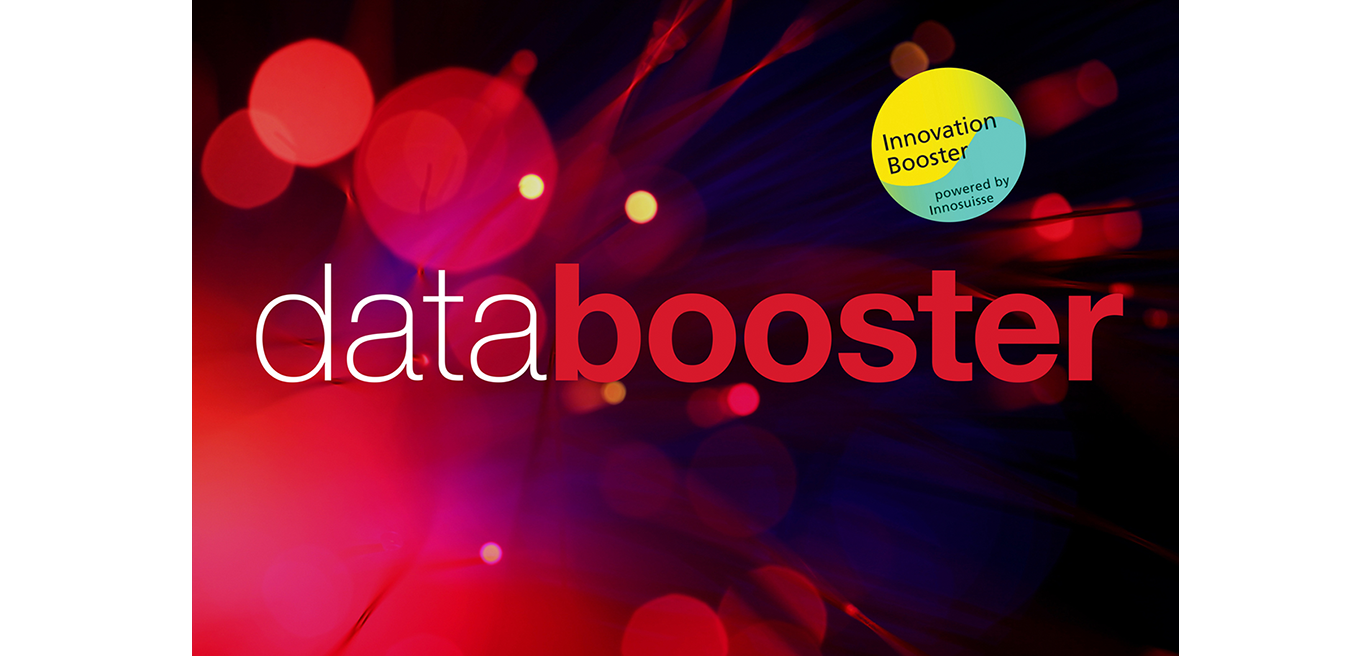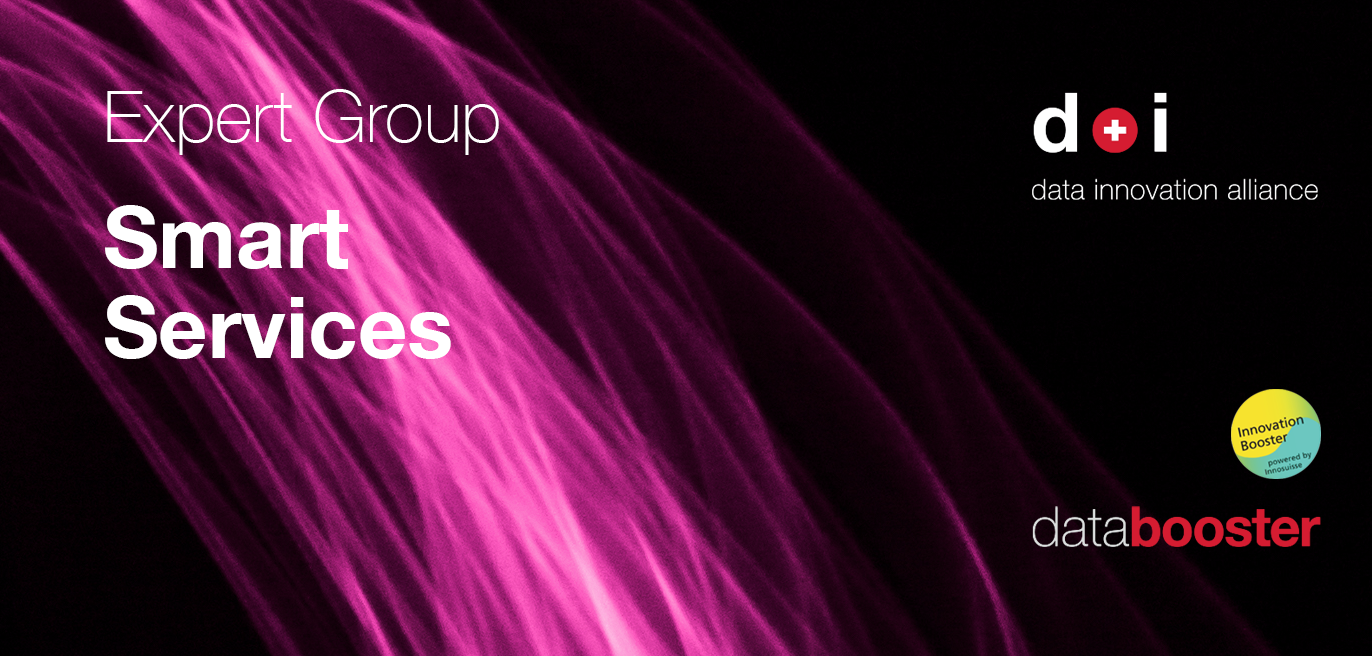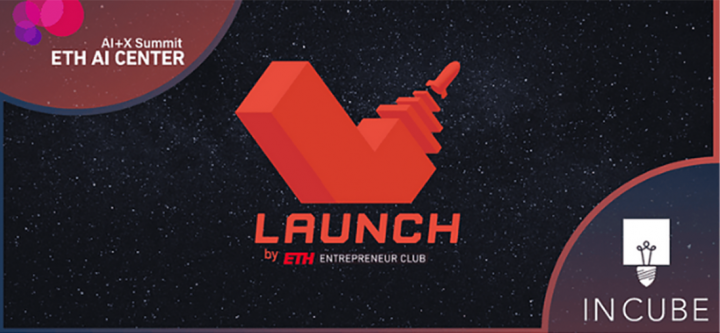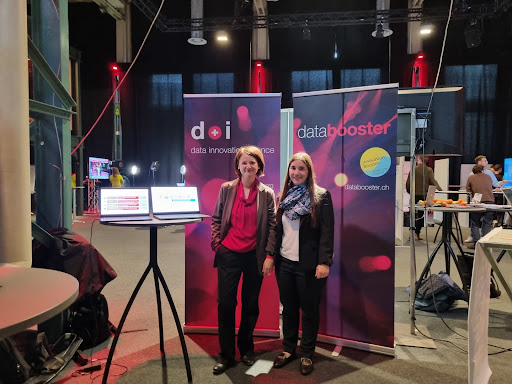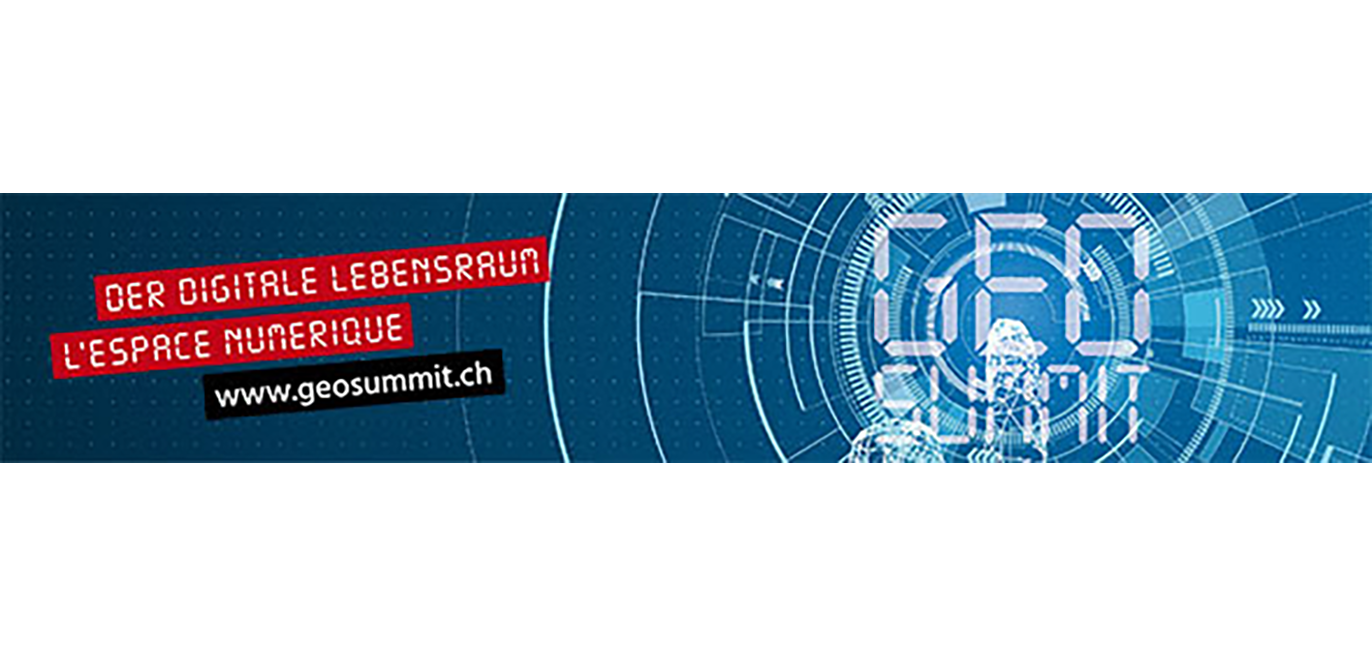Webinar – Value Networks for Servitization
Servitization and advanced services are attractive to businesses with their promise of new and recurring revenue streams, longer-term contracts and close relationships with customers. The process of servitization touches all areas of the business model and, especially for traditionally product-focused companies, it may change the relationships held with customers, suppliers and partners.
When designing advanced service offerings, manufacturers often face a raft of questions about the wider environment they operate in. How will relationships with dealers and distributors change? Who should we work with? How can technology vendors help accelerate service innovation? Are such vendors an opportunity or a long-term threat?
The concept of a value network can help address these challenges and is the topic of our latest mini-guide.
Join host Iain McKechnie and expert industry speakers Dr Kawal Kapoor (ASG Ltd) and Andy Bates (Omron UK) on 2 February 2022 at 15.00 (UK) for a webinar walkthrough of our Value Networks for Servitization miniguide.
The panel will introduce the concept of value networks, how to create a model for your business to help you understand and analyse your value network to inform strategic decisions and design successful service offerings.
Register now (HERE) to secure your space.
